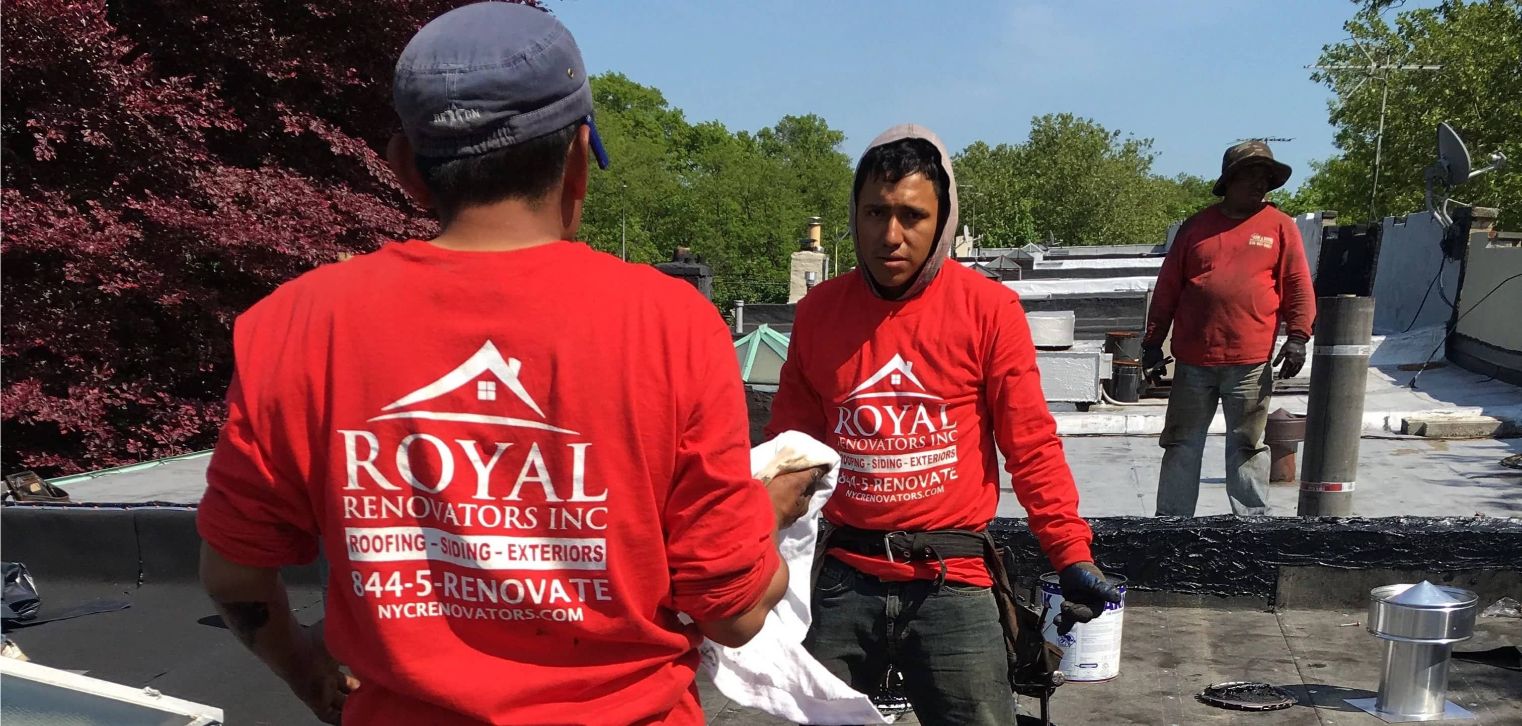
Flat roofs are commonly found on commercial buildings, residential extensions, and modern architectural designs. They offer a range of benefits, including easy accessibility, energy efficiency, and the ability to utilize the roof space for various purposes. It is advisable to consult with a professional roofing contractor or insulation specialist to determine the most suitable insulation material and thickness for the specific flat roof installation project. However, the cost of installing a flat roof can vary significantly depending on several factors. In this article, we will explore the key cost factors that influence flat roof installation expenses.
The choice of roofing materials is a significant factor in determining the cost of flat roof installation. Various options are available, each with their own characteristics, longevity, and price range. Popular materials for flat roofs include built-up roofing (BUR), modified bitumen, single-ply membranes (such as EPDM, TPO, and PVC), and metal roofing. BUR systems are durable but may require more labor and time for installation. Modified bitumen offers flexibility and durability. Single-ply membranes are easy to install and provide good waterproofing. Metal roofing is long-lasting but typically has a higher upfront cost. Choosing the right material depends on budget, desired lifespan, and specific requirements. Some popular flat roofing materials include:
Built-Up Roofing (BUR): This traditional method consists of multiple layers of bitumen and reinforcing fabric. BUR systems are durable, long-lasting, and can be cost-effective over the long term.
Modified Bitumen: This is an asphalt-based material that is reinforced with fiberglass or polyester. It provides excellent durability and flexibility, making it suitable for various flat roof applications.
Single-Ply Membranes: These include materials like EPDM (ethylene propylene diene monomer), TPO (thermoplastic olefin), and PVC (polyvinyl chloride). Single-ply membranes offer ease of installation, good UV resistance, and excellent waterproofing properties.
Metal Roofing: Metal roofs, such as standing seam or metal sheet systems, can be an attractive and durable option for flat roofs. While metal roofing tends to have a higher upfront cost, it offers exceptional longevity and low maintenance requirements. The choice of roofing material depends on factors such as budget, desired lifespan, energy efficiency goals, and aesthetic preferences. Each material has its own installation requirements and associated costs, which can significantly impact the total project expenses.
The size and complexity of the roof play a vital role in determining the installation cost. Larger roof areas require more materials, labor, and time to complete the installation, resulting in higher costs. Additionally, roofs with complex designs, multiple penetrations, or unique architectural features may require additional customization and expertise, which can further increase the installation expenses.
The accessibility of the roof is a significant factor to consider when determining the cost of flat roof installation. If the roof is easily accessible from the ground level, it simplifies the installation process and reduces labor costs. Roofers can easily transport materials and equipment to the site, resulting in a more streamlined and efficient installation. However, if the roof is difficult to reach, such as in high-rise buildings or structures with limited access points, additional measures must be taken. Specialized equipment, such as cranes or scaffolding, may be needed to transport materials and workers to the roof. Safety precautions, such as harnesses and safety nets, may also be necessary, adding to the overall installation costs. Therefore, the accessibility of the roof directly impacts the complexity and logistics of the installation process, which in turn affects the overall cost.
Roof insulation is a crucial consideration in flat roof installation, as it plays a vital role in preventing heat loss, improving energy efficiency, and enhancing overall comfort. The choice of insulation material and its thickness can impact the installation cost. Common insulation materials for flat roofs include rigid foam boards, spray foam, and mineral wool. Rigid foam boards, such as expanded polystyrene (EPS) or extruded polystyrene (XPS), provide excellent thermal resistance and are relatively easy to install. Spray foam insulation, which is applied as a liquid and expands to form a solid foam, offers superior air sealing and can fill gaps and voids effectively. Mineral wool insulation, made from natural or recycled materials, provides excellent fire resistance and sound insulation properties. The cost of insulation materials can vary depending on their quality, R-value (thermal resistance), and the specific requirements of the project. Higher-quality insulation materials generally come at a higher cost but offer better thermal performance, resulting in long-term energy savings and reduced heating or cooling costs.
The warranty provided by the roofing manufacturer or contractor is an important consideration when determining the cost of flat roof installation. Longer warranties typically reflect higher-quality materials and workmanship, providing peace of mind and potentially reducing future repair or replacement costs. However, roofs with longer warranties often come with a higher initial installation cost.
The expertise, reputation, and location of the roofing contractor can influence the cost of flat roof installation. Established contractors with a track record of providing high-quality work may charge higher rates due to their experience and expertise. Additionally, labor costs can vary based on the local market conditions and the availability of skilled flat roofing professionals. It is essential to obtain multiple quotes from reputable contractors to compare prices and ensure a fair and competitive rate.
Conclusion
Installing a flat roof involves several cost factors that need to be carefully considered. By understanding these cost factors, property owners can make informed decisions, plan their budgets effectively, and ensure the successful installation of a flat roof that meets their needs in terms of durability, performance, and aesthetics. It is advisable to consult with a professional roofing contractor to assess specific project requirements and receive accurate cost estimates tailored to the individual circumstances.
Get expert roofers to handle your roofing needs at 68-38 Main Street #2 Flushing, NY 11367 (718)489-4009 https://www.kingsqueensroofing.com